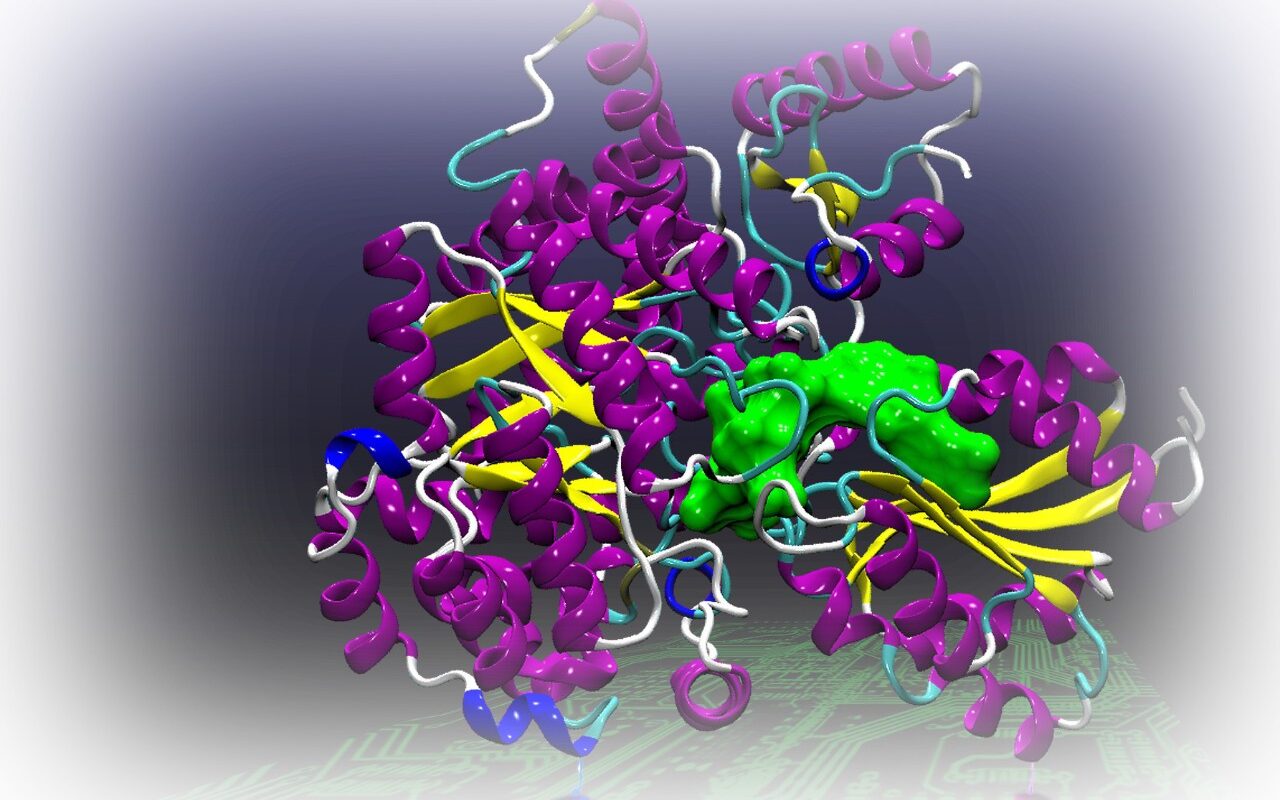In a groundbreaking study conducted by scientists at Duke-NUS Medical School, a previously unknown enzyme called fatty acid hydroxylase domain containing 2 (FAXDC2) has been identified as a crucial player in cancer cell growth and progression. Published in the Journal of Clinical Investigation, the study sheds light on the intricate relationship between cholesterol synthesis and cancer biology.
The researchers initially focused on investigating the Wnt signaling pathway, a critical pathway involved in cell growth and development. Assistant Professor Babita Madan, the first author of the study from Duke-NUS’ Cancer & Stem Cell Biology (CSCB) Program, explains that their exploration led them to discover the enzyme FAXDC2, which emerged as a central regulator of cancer and stem cells.
The study uncovered the impact of FAXDC2 on cellular growth and differentiation. The researchers found that the suppression of FAXDC2 disrupts normal cholesterol synthesis, leading to altered cancer fates. This discovery highlights the potential vulnerability of cancer cells, presenting an opportunity for targeted therapeutic interventions.
The Wnt signaling pathway, known for its role in regulating normal and cancer cell growth, is highly active in cancer models employed in the study. Hyperactive Wnt signaling impairs cell differentiation, promotes the proliferation of undifferentiated cancer stem cells, and accelerates tumor progression. Furthermore, these undifferentiated cancer stem cells are resistant to conventional anti-cancer therapies.
By delving into the complex biology of the Wnt signaling pathway, the researchers discovered the suppressed role of FAXDC2. This enzyme regulates cholesterol production and cell signaling molecules. The suppression of FAXDC2 results in abnormal cell growth. Restoring the function of FAXDC2 could potentially normalize cell behavior in cancers with hyperactive Wnt signaling.
Using state-of-the-art genomic technologies, the scientists observed a significant increase in FAXDC2 levels in pancreatic cancer models treated with a Wnt inhibitor called ETC-159, developed in Singapore. This finding was further validated through in-depth analyses of colorectal cancer tissue samples, which showed consistent FAXDC2 suppression and the accumulation of cholesterol precursors, including a building block of cholesterol known as lophenol. The study revealed that lower FAXDC2 expression correlated with higher levels of lophenol.
Professor David Virshup, Director of the CSCB Program and the senior author of the study, explains the significance of FAXDC2 in cholesterol synthesis. The enzyme plays a critical role in converting the precursor lophenol into cholesterol, and its presence in cells directly affects lophenol levels.
This groundbreaking research not only uncovers the undiscovered role of FAXDC2 in cancer progression but also highlights the potential for targeted therapies that restore FAXDC2 function. By addressing the disrupted cholesterol synthesis in cancer cells, these therapeutic interventions could normalize cell behavior and potentially offer more effective treatment options for patients. The study’s findings pave the way for further research into the intricate connections between cholesterol synthesis and cancer biology, opening up new avenues for exploration in cancer treatment and management.
*Note:
1. Source: Coherent Market Insights, Public sources, Desk research
2. We have leveraged AI tools to mine information and compile it



